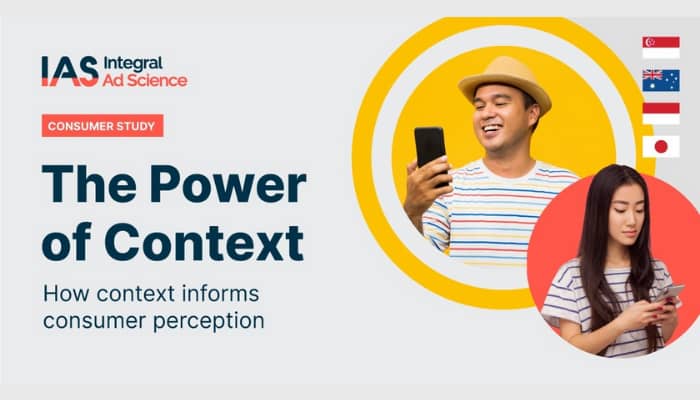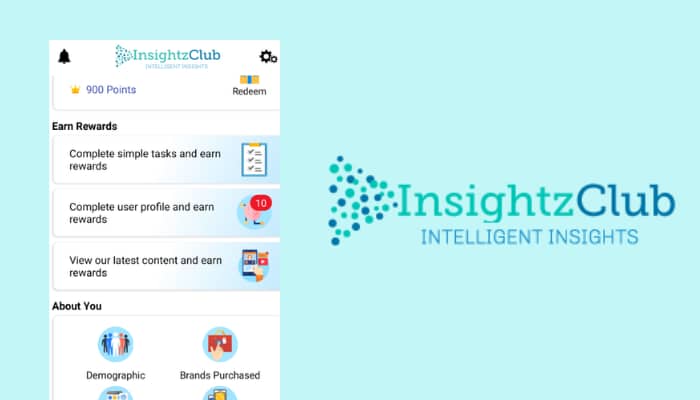Singapore – Global trend forecasting WGSN has announced the launch of their latest consumer tech vertical aptly called the ‘WGSN Consumer Tech’ which will aid brands in Asia in providing specialized vertical insights from up-to-the-minute movements to 10-year forecasts of the consumer tech scene in the region.
Said vertical is led by Lisa Yong, content director for consumer tech at WGSN, who has 20 years experience in product design and is currently based in Silicon Valley.
With a focus on product experience and driven by technology’s ever-growing presence, WGSN Consumer Tech will help brands, product designers, manufacturers and business owners to innovate with purpose and create meaningful consumer-first products and experiences.
For Yong, the observable breakneck speed at which Asian consumers are adopting new technologies has only been accelerated by the global pandemic and active programs by regional governments to digitize their economies, adding that the next 10 years will see technology transform or disrupt almost all industries, changing the way of live, work, play and move in the new reality.
“As technology continues to permeate all aspects of our lives, it’s vital for companies to understand new behaviors and expectations in tech consumerism, and develop the right products that consumers will want and need for years to come. WGSN Consumer Tech works across industries to outline the shifts that can be actioned today and built on tomorrow,” she stated.
As part of the launch of their consumer tech vertical, WGSN has also published its first flagship report entitled ‘Future of Consumer Tech 2030’, providing actionable insights to help tech businesses adapt and make the most out of the systemic changes affecting the post-pandemic world.
Key insights in the report include the rise of the augmented self, an increased focus on regeneration and survival, and a post-pandemic focus on wellness that will accelerate consumer adoption of health-tech.
“WGSN Consumer Tech offers specialized insights into evolving consumer tech trends, from up-to-the-minute movements to 10-year forecasts, on one platform. With a talent map of over 250 people around the world, WGSN provides global trend insights and expertly curated data. We empower clients to develop products and services today, for tomorrow’s world,” said Carla Buzasi, president and CEO at WGSN.

















